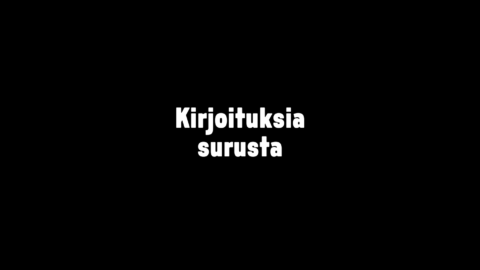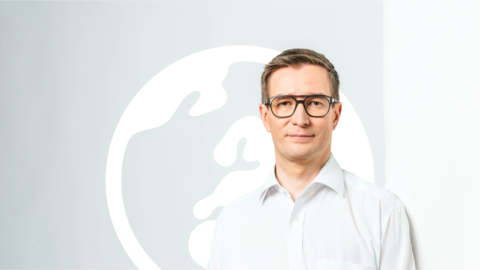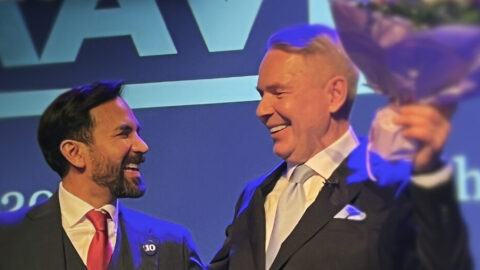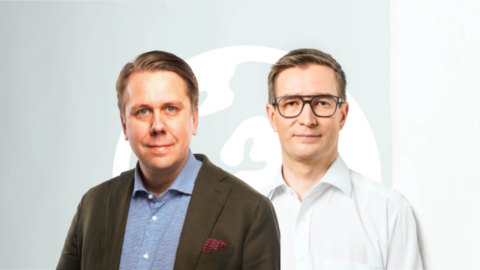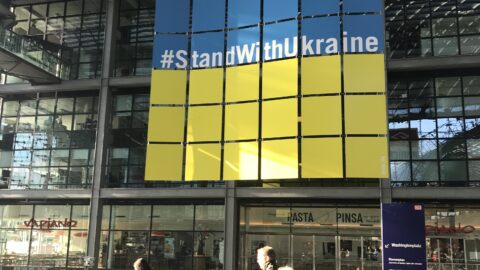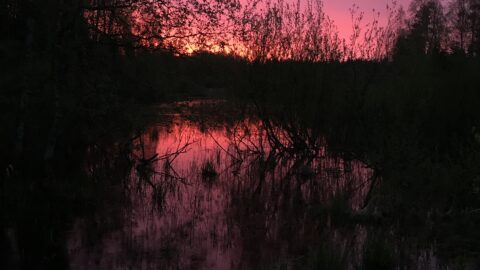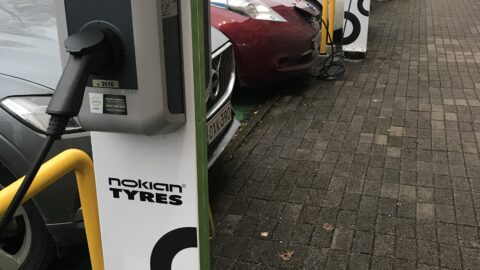This preface was published in the Crowdsourced off-road traffic law experiment in Finland – Report about idea crowdsourcing and evaluation, a report by the Finnish Parliament’s Comittee for the Future.
Children learn by observing, imitating, experimenting and doing. Societies could learn from children.
We can complement and hopefully replace arduous and bureaucratic processes with piloting and demonstrating promising ideas. We can think big, start small, fail quickly and scale fast.
That in mind the Committee for the Future launched a pilot project on crowdsourcing legislation. We were intrigued and inspired by various international examples – not least by the famous experiment to crowdsource the Icelandic constitution (which, incidentally, failed).
We wanted to do something useful and unique. That is why we coupled with the Ministry of the Environment to crowdsource a bill on off-road traffic. To our knowledge, this was one of the first times a draft bill had been opened up for crowdsourcing at this stage and to this extent.
The report you are reading is a partial account of what we did and what happened. It also provides, to some extent, lessons learnt and tips for people interested in applying crowdsourcing for democracy.
I would like to take this opportunity to thank all the people involved: Tanja Aitamurto, Hélène Landemore and their team for reviewing and researching our pilot project and writing this report; the people on the Committee for the Future and the Ministry of the Environment for daring to think outside of the box; and of course the people who made it all happen, participants in crowdsourcing.
However, our story is not over yet. The real proof of the pudding is in the eating: how the ideas harvested through crowdsourcing will be put to use in redrafting the bill, how other people will learn from our successes and failures to implement their crowdsourcing projects.
We have to learn like children.
Oras Tynkkynen
vice-chair, lead of the crowdsourcing project
Committee for the Future

